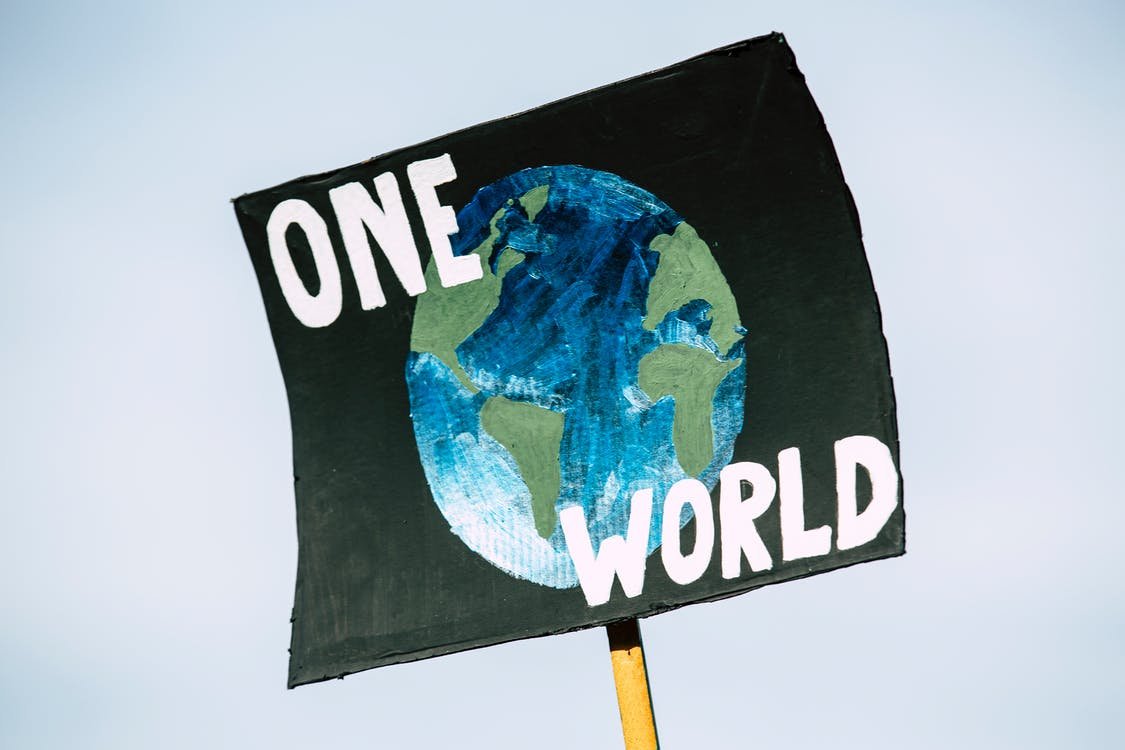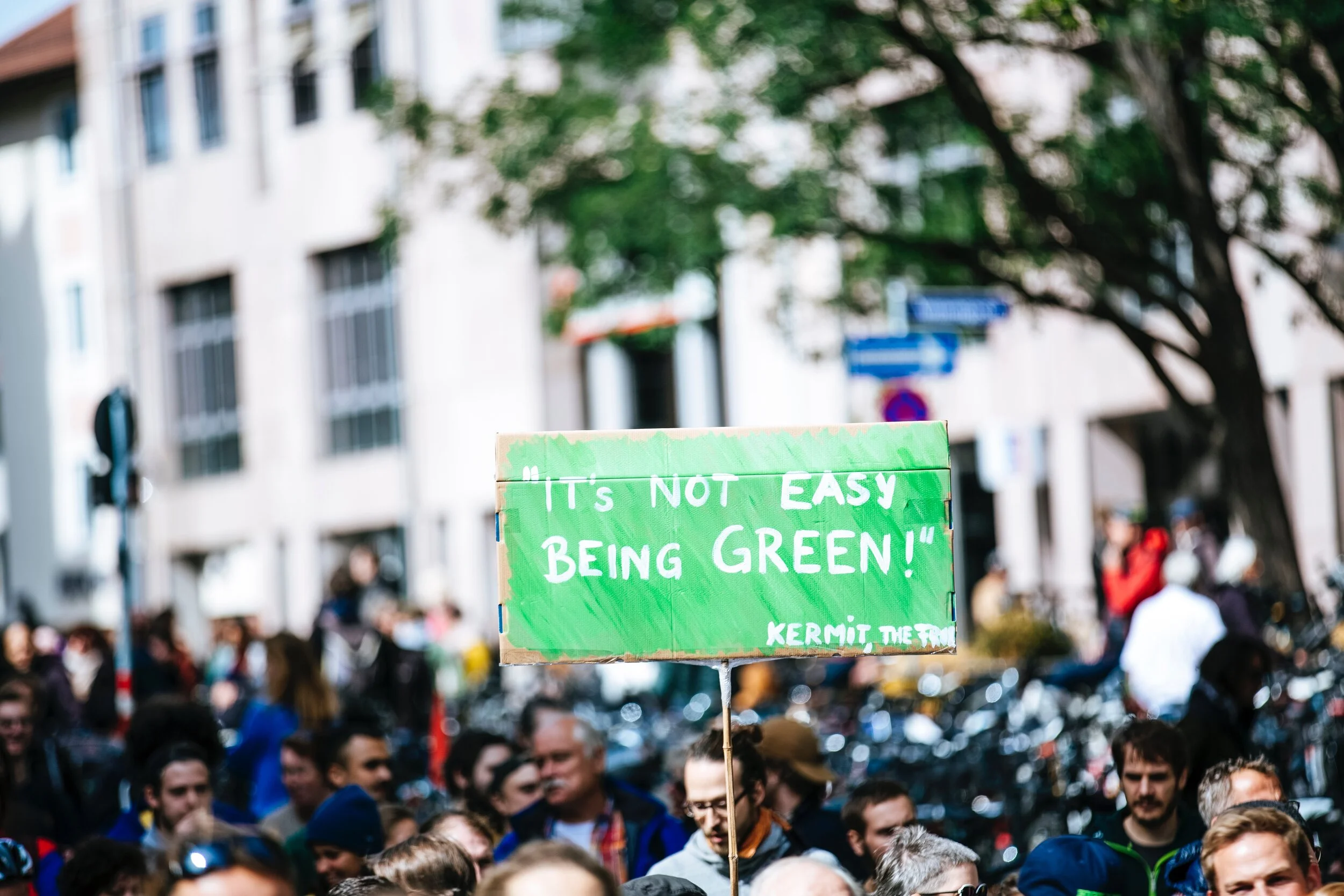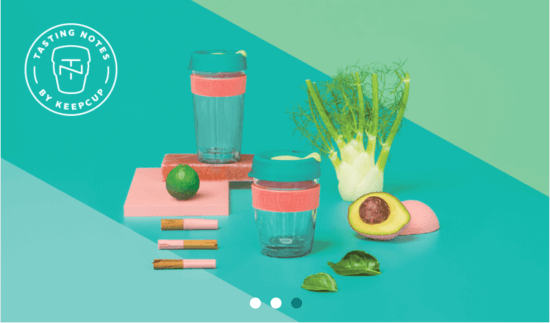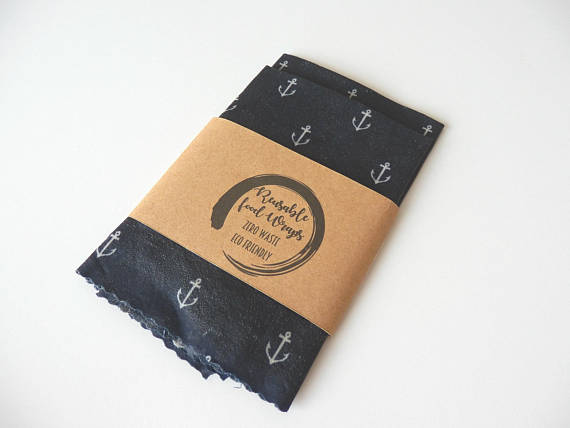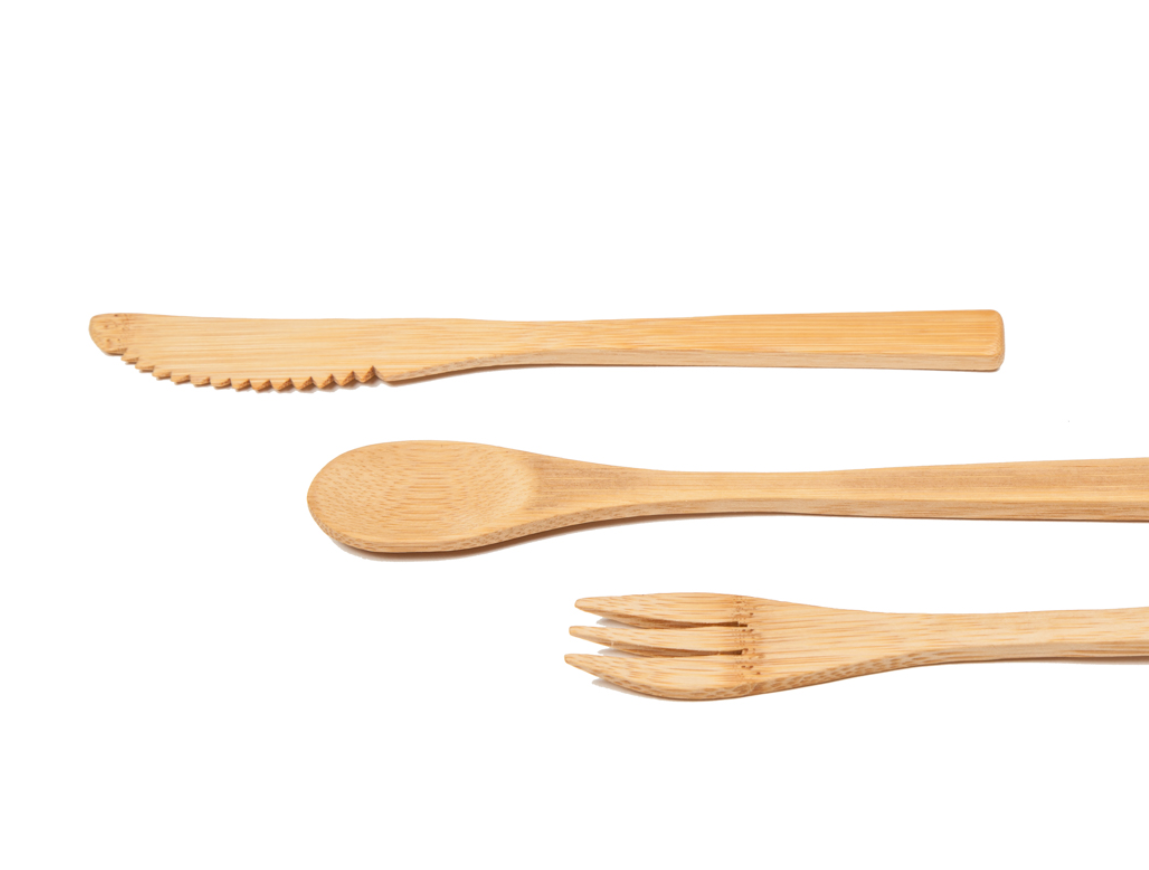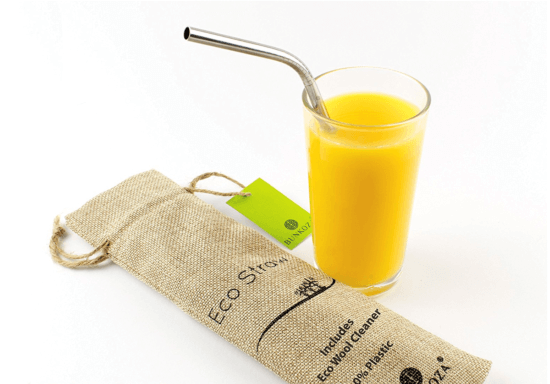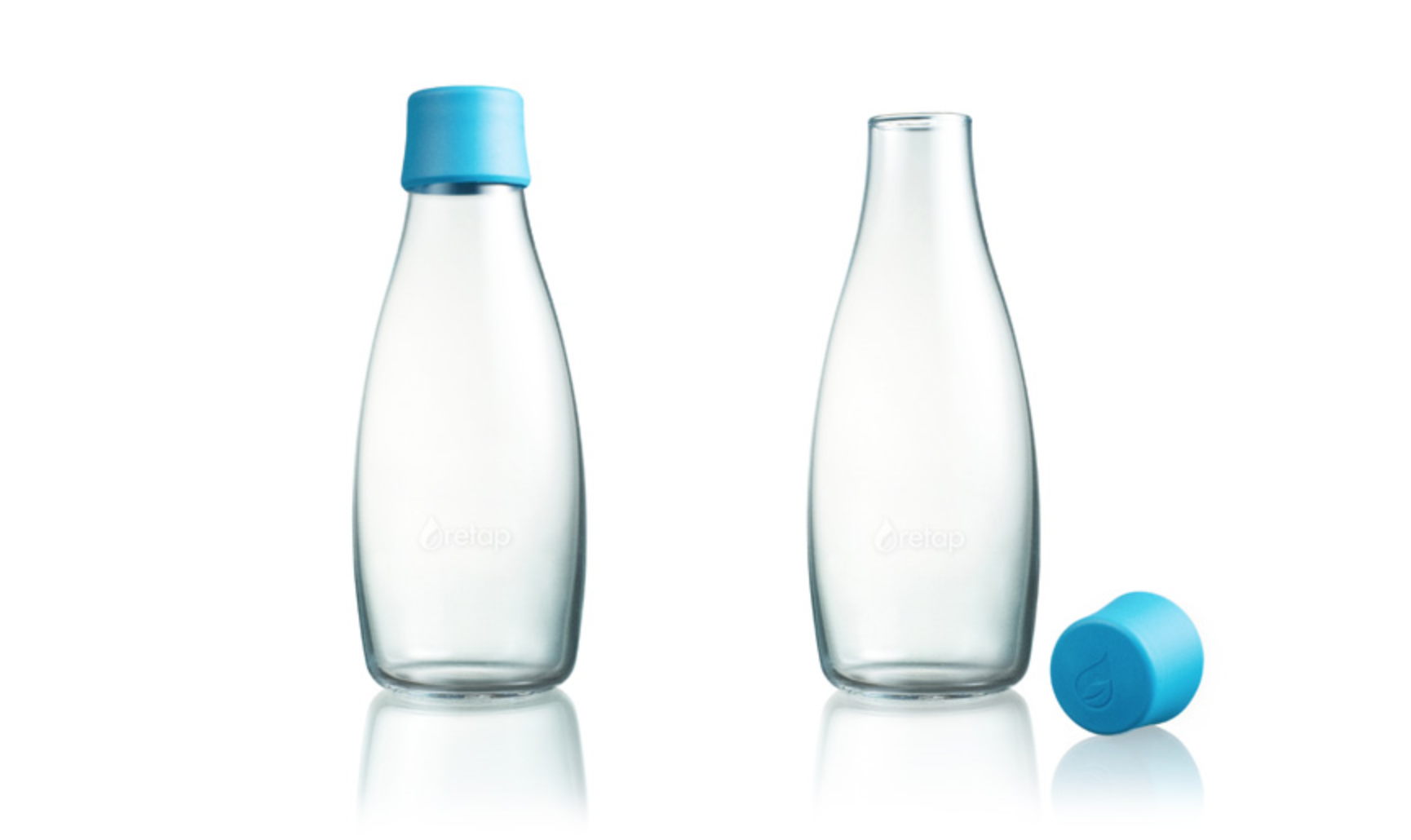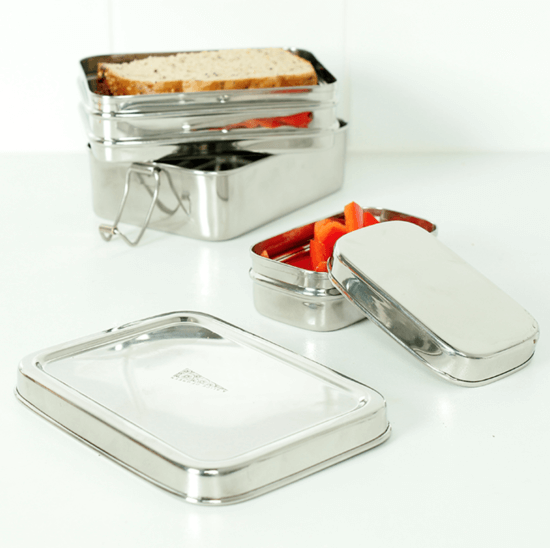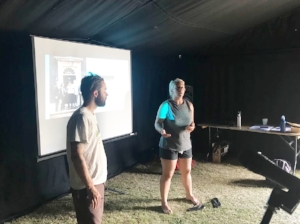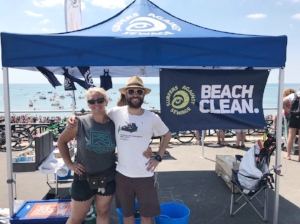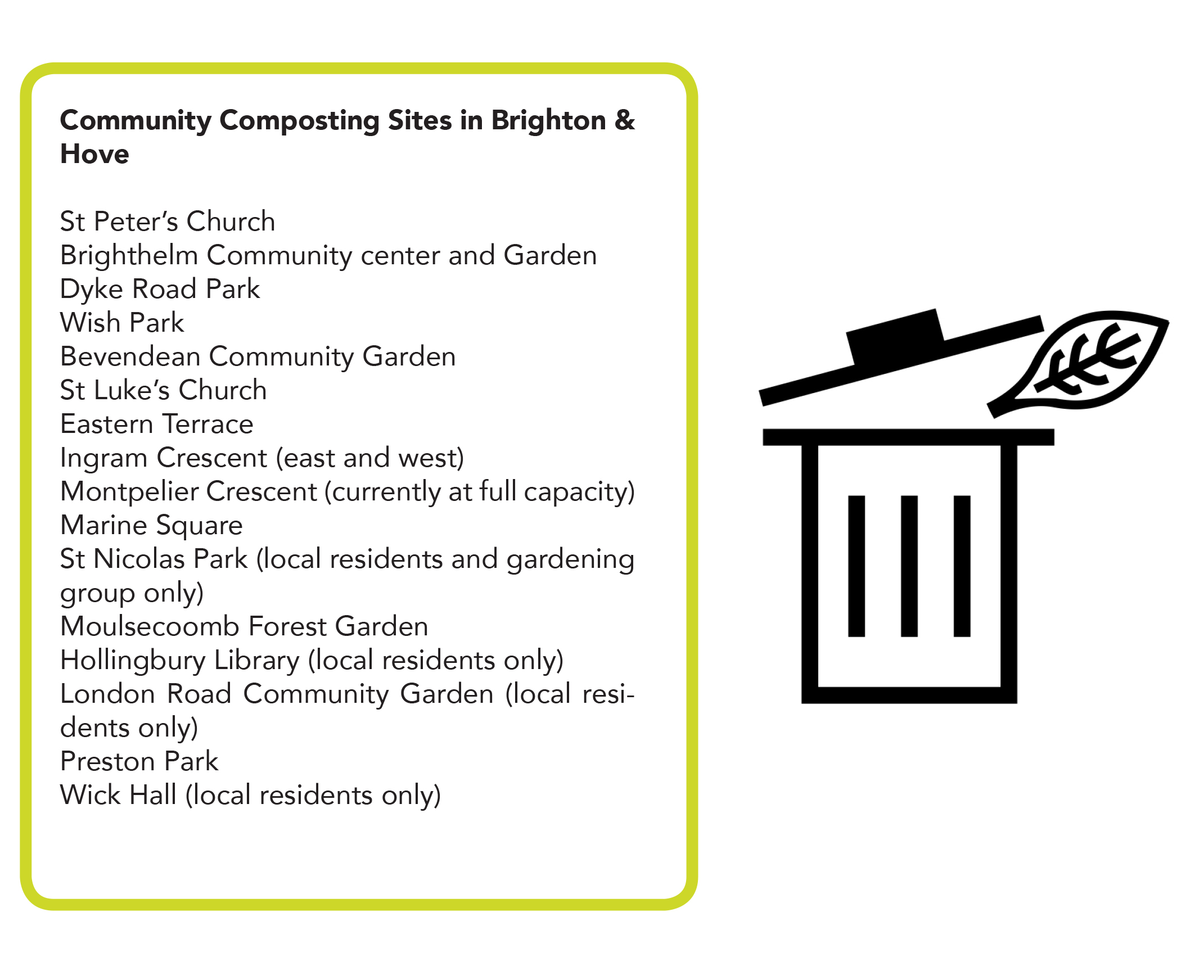7 Amazing Sustainability Projects in Brighton You Never Knew About
Brighton. The most hipster city in the world. We’re also pretty environmentally conscious. Following the success of the Climate Strike march in February 2019, slowly but surely ideas are changing about how to keep our planet healthy and happy. Here’s a list of seven eco-projects going on in our town you probably had no idea were happening...
1. Hubbub Foundation | City Centre
Hubbub have teamed up with the B&H council for their project #streetsahead, hitting our seaside city in full force. After finding out 80% of plastic found in oceans comes from land, they took a creative approach to educate citizens about appropriate disposal of litter. Through bold bright colours and catchy tagline’s like “For fishes sake — Don’t drop litter!”, this project has littered the streets of Brighton with positive environmental messages that stick in your head! They also carried out an enlightening social experiment, testing if passers-by would pick up dropped litter and produced a short video which can be viewed here — https://www.youtube.com/watch?v=jcTJsX2lRug — Just goes to show educating others doesn’t have to be boring, and a little creativity goes a long way!
2. The Brighton Waste House | 58-67 Grand Parade
This award-winning project started out in 2012 involving over 700 students, builders, carpenters and ecologists. Now completed, this ‘living laboratory’ for ecological design is Europe’s first permanent public building made up of over 85% discarded materials. It is also an EPC ‘A’ rated low energy building and is a model used for investigating strategies for constructing contemporary and low-energy permanent structures in the future. Situated on Grand Parade, it's a monument that's worth the visit and exemplifies Brighton’s eco-friendly ethos!
3. Fareshare Sussex | 7 Westergate Road
Next on our earth-happy hot-spot list is Fareshare, a charitable project run by city gate community projects. Their work has two main objectives; tackling food poverty and tackling food waste — two aims that encapsulate the phrase ‘two birds one stone’. Fareshare receives surplus food from food companies that would otherwise go to waste, delivers it to local charities in refrigerated vans by a team of dedicated volunteers, and transforms it into thousands of meals or food parcels every week. In the last year, they’ve worked with the food industry to redistribute 468 tonnes of food, which has contributed towards more than 1 million meals and helped to reduce CO2 emissions by 223 tonnes. Simple and ethical ideas like this are an amazing way to help the hungry and save the planet from excess waste!
Additionally Fareshare Sussex work supporting people into employment, and they
re-distributed 564 tonnes to 122 charities last financial year!
4. Freegle | Online
Freegle, Brighton’s very own freecycling platform, is an online community that encourages the three R’s — reduce, reuse, recycle — by giving away unwanted items for free! They say one man’s trash is another man’s treasure, and this is certainly endorsed by Freegle, whose main aims are to reduce demand for the new, and appreciate the used for all it has left to offer. Thinking about that old microwave sitting in your garage? Get online to Freegle to give it another chance at life!
5. Earthship | Stanmer Park
Earthship Brighton was the first ever self-sustainable building to be built in the UK. This off-grid building project started in 2002, and now boasts the capacity to heat, cool, power itself through solar energy, collect its own rainwater and treat waste using plants instead of chemicals. Earthship Brighton is not only a monument of sustainability in our city but has also focused on educating others in reducing their carbon footprint and modifying individual behaviours for the better of our planet... It also looks incredible!
6. Brighton Pride | 2nd-4th August 2019
The UK’s biggest pride festival lands on our stoney shores every year, and plans have been put in place to ensure that us humans won’t be the only ones celebrating. Pride organisers have announced they have created a long-term strategy encouraging all businesses across the city to support their green agenda. They will also be encouraging attendees to make use of the many recycling points available across the festival and working to reduce as much single-use plastic as possible.
7. Butterfly Bank | Brighthelm Gardens
Brighton & Hove city council have teamed up with Brighthelm’s trust gardening group and youth ranger volunteers from Sussex Wildlife Trust to plant over 1,000 downland plants in the heart of Brighton. The chalk bank is 17m long and is made of 60 tonnes of chalk, attracting a huge variety of butterflies, bees, and other pollinating insects. At a time where bee populations are at serious lows and posing serious risks to the future of our planet, projects like this are one way that we humans can help out the little guys.




